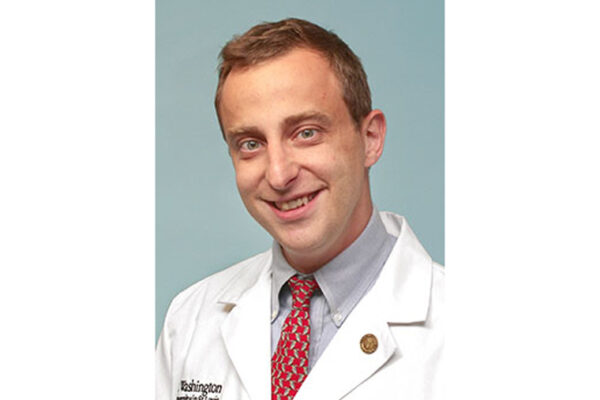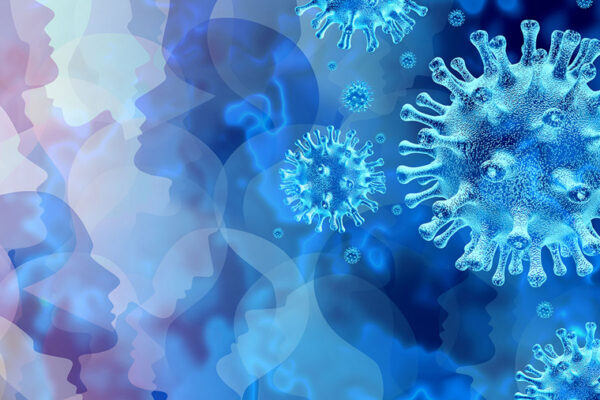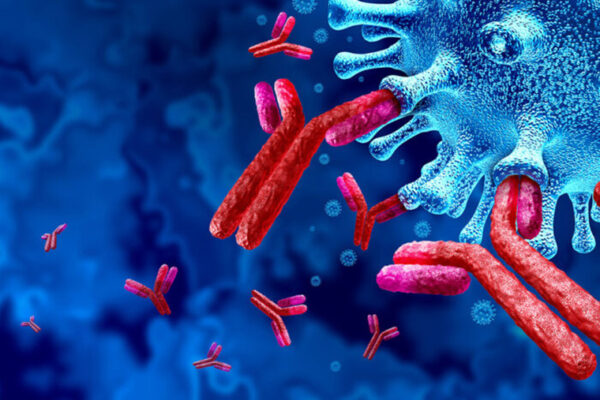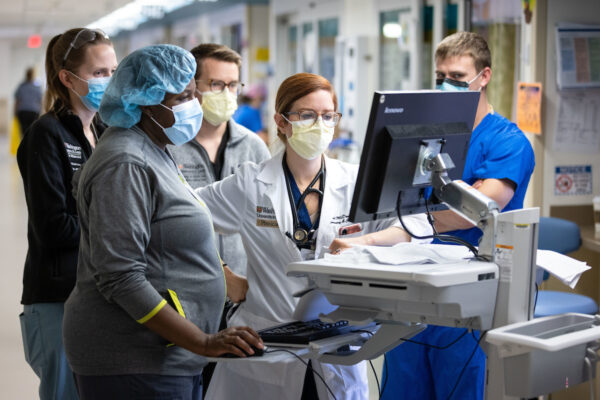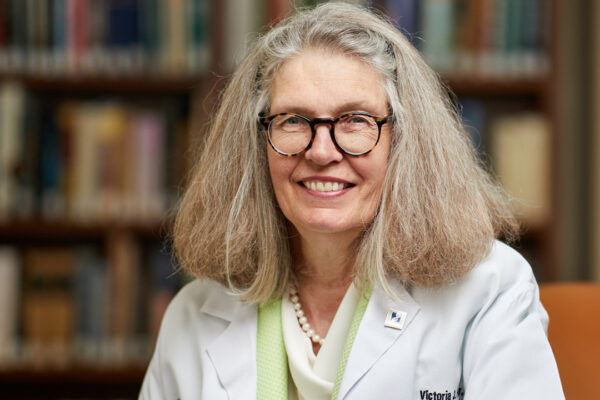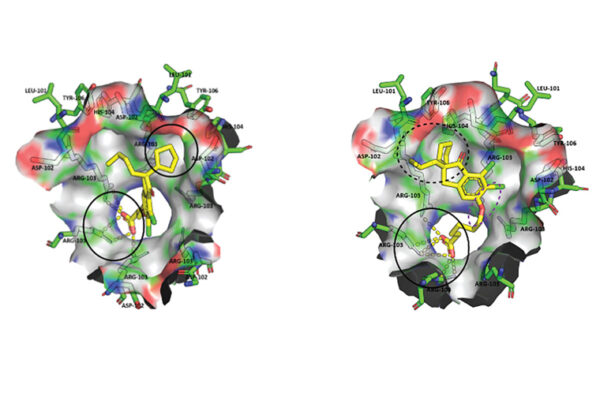Med facilities services moving to Mid Campus Center
The School of Medicine’s Facilities Integrated Service Center is planning to relocate to the Mid Campus Center (MCC) in May. Construction in the MCC to accommodate the move will begin Friday, Feb. 25.
Jansen receives NIH grant
Silvia Jansen at the School of Medicine received a five-year $1.65 million grant from the National Institute of General Medical Sciences of the National Institutes of Health (NIH) for research titled “Regulation of membrane trafficking by coronins.”
Engineering faculty, alumna named AIMBE fellows
Three faculty members and one alumna of the McKelvey School of Engineering have been named fellows of the American Institute for Medical and Biological Engineering.
Ances honored by Down syndrome society
Beau M. Ances, MD, PhD, the Daniel J. Brennan Professor of Neurology at the School of Medicine, recently received the Shining Star Award from the Down Syndrome Association of Greater St. Louis.
COVID-19 survivors face increased mental health risks up to a year later
People who have had mild or serious COVID-19 infections have a significantly higher chance of experiencing mental health problems, according to new research from the Washington University School of Medicine and the Veterans Affairs St. Louis Health Care System.
Antibodies improve in quality for months after COVID-19 vaccination
Antibodies elicited by COVID-19 vaccination become steadily more powerful for at least six months after vaccination, according to a study by researchers at Washington University School of Medicine that involved the Pfizer-BioNTech COVID-19 vaccine.
A debt of gratitude
Health-care workers at the Washington University School of Medicine have contributed greatly to regional and world health during the pandemic, and we owe them so much appreciation.
Smoothing the path
Medical trailblazer Victoria Fraser, MD, focuses on creating equity in academic medicine.
Diabetes, metabolic syndrome in mice treated with novel class of compounds
Researchers at Washington University School of Medicine have shown, in mice, that a new class of compounds they developed can improve several aspects of metabolic syndrome. Such conditions often lead to cardiovascular disease, the leading cause of death worldwide.
Six innovators named National Academy of Inventors senior members
Five researchers from the School of Medicine and one from the McKelvey School of Engineering have been named senior members of the National Academy of Inventors.
View More Stories



